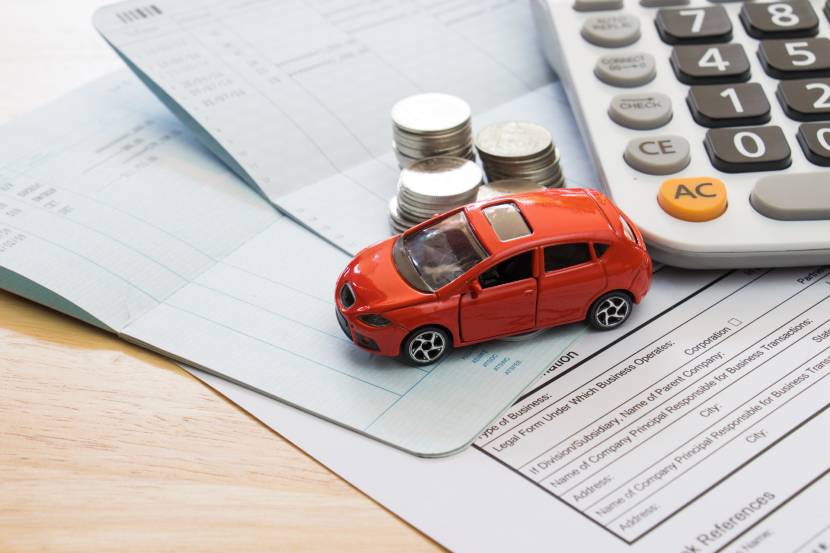Insurance is the kind of purchase you make, hoping that you’ll never have to use it. However, it is a legal requirement almost everywhere, and for good reason. If something were to happen, paying the costs yourself can result in financial trouble for most people.
And accidents do happen. Regardless of who is to blame, having insurance can be a huge help. However, the level of help you get depends on the insurance provider and policy you’ve chosen.
Let’s take a look at some of the things you should consider when buying car insurance.
Coverage
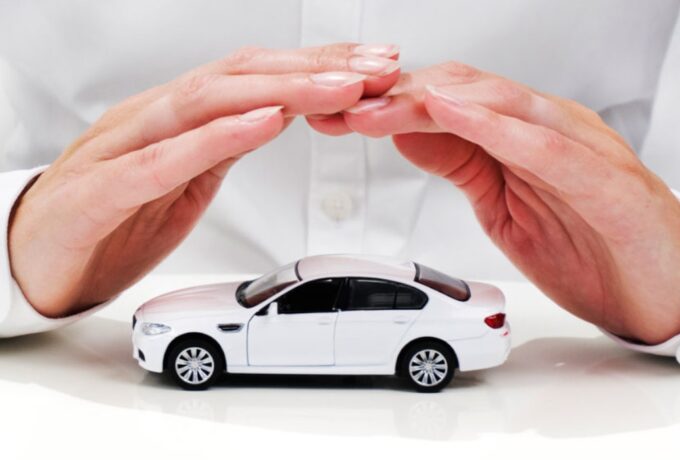
To get the best car insurance, you first need to figure out how much coverage you need. The requirements differ from state to state, so take a few minutes to learn out what kind of coverage is required in your state. This information is not hard to find. You just have to google it. Every state publishes the requirement on several official websites along with explanations and guidelines.
One crucial coverage to understand is CTP insurance, a mandatory policy in many regions. It covers injuries caused to others in an accident one is involved in. Please familiarize yourself with whether your state mandates this insurance and its specific provisions.
Once you know the minimum required, you can start to think about whether you want to purchase coverage that goes beyond that minimum.
If you have a lot of assets, experts advise that you purchase enough liability coverage to keep them safe. You could be in a situation where you get into an accident, you’re found at fault, and your bodily injury liability coverage is set at $50,000. But the other party’s attorneys can go after your assets for $20,000 or $30,000 more.
Your driving habits should also play a role in deciding the level of coverage you purchase. If you have a history of crumpled fenders and drive a long commute on a difficult route every day, it’s in your best interest to get a more extensive car insurance policy. For example, collision damage pays for your damage if you collide with an inanimate object such as a fence or lamppost, while comprehensive coverage pays for damage caused by something other than a collision like fire, flood, or theft.
Price
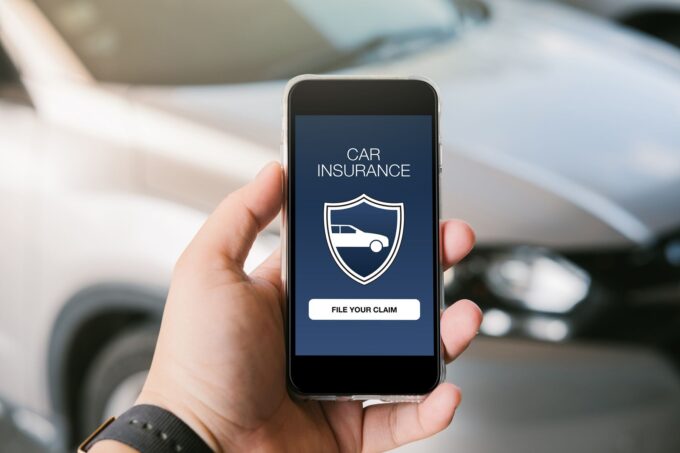
Price is probably the first factor you’ll want to take into consideration, but coverage is naturally more important. You want to get the best deal, not simply the cheapest. To attract more customers, car insurance providers usually include free add-ons or extras. You can start by evaluating what’s included in the standard offer to see what you’re really paying for and if it’s worth it. Platforms like Insuranks help you get quotes and compare offers from a multitude of providers but remember that your auto insurance premium is calculated based on a variety of parameters.
When comparing prices, use online tools that provide side-by-side comparisons of various policies. These aid in discerning the differences in coverage and cost, simplifying the process of selecting the most suitable insurance for your needs.
You’ll also want to consider potential discounts. Some providers offer affinity discounts, which implies that if you are a member of a certain club, association, or alumni, you may be eligible for a discount. There are discounts for other criteria as well, such as military background, high grade point averages, good driving record, and defensive driving courses.
You’ll find that most insurers offer you a discount if you show them proof that you’ve completed a course in defensive driving. In New York, for instance, state law requires insurance providers to offer at least a 10% discount to your liability and collision base rate for three years if you’ve completed a New York DMV-approved Defensive Driving Course. New Jersey, Delaware, Texas, and Georgia have similar discount programs.
Uninsured Drivers
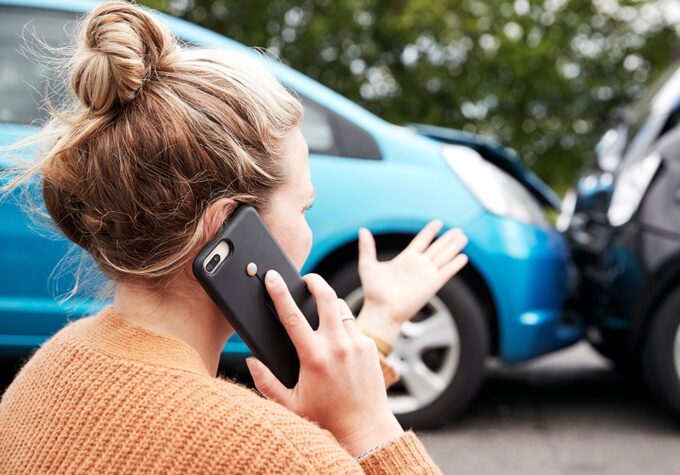
According to the Insurance Research Council, one in every eight at-fault drivers is uninsured, which means that if you get into an accident, there’s a 12.5% chance that the other driver won’t have insurance to cover the damages they caused you.
Don’t assume that the other drivers have the same level of coverage as you. We understand that it might be difficult to accept that you have to pay for someone else’s mistake, but it’s better than taking the risk.
It’s essential to be aware of the legal consequences uninsured drivers face. In many states, driving without insurance can result in fines, license suspension, and jail time.
The Insured Declared Value (IDV) of Your Vehicle
The highest amount that can be claimed under an insurance policy is the car’s Insured Declared Value (IDV). It is the amount you will receive if your vehicle is stolen or irreparably damaged. The IDV of a brand new car is higher than that of a year-old car of the same model. As a result, the IDV can be defined as the vehicle’s current market worth.
The IDV is calculated by subtracting the depreciation value from the selling price. However, it does not include the cost of registration and insurance. In addition, the IDV of accessories that require insurance but are not factory fitted is calculated separately and comes with an additional charge.
The age of your vehicle significantly influences its IDV. Newer models possess a higher IDV, which gradually decreases as the vehicle ages, primarily due to depreciation. Understanding this correlation is vital in evaluating the potential payout in total loss or theft cases.
Claim Settlement Ratio (CSR)
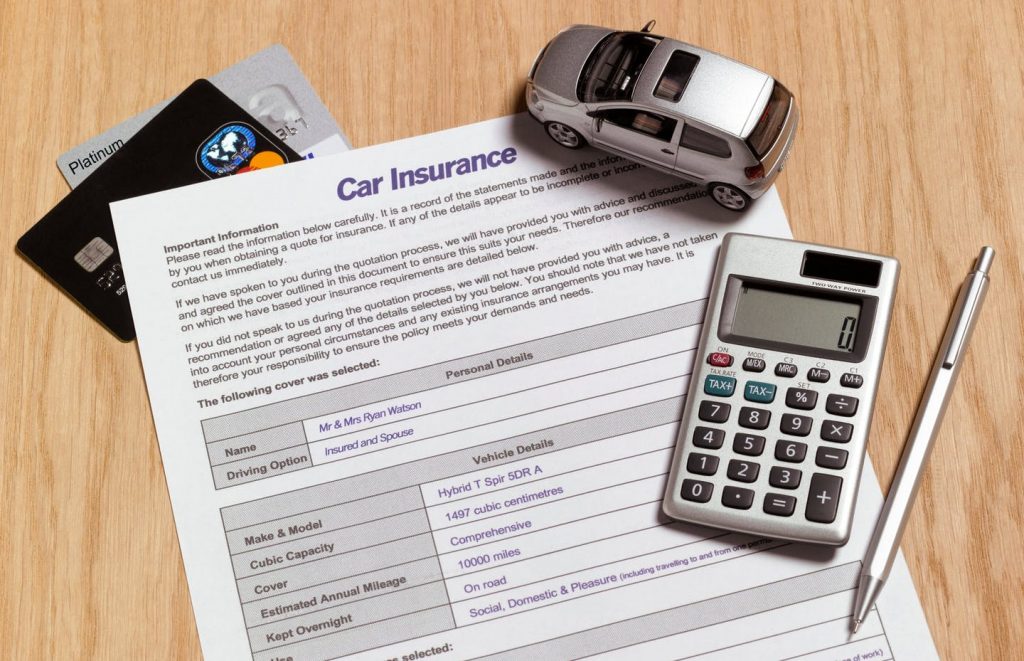
Customers should also look into the company’s track record and claim settlement ratio. This means the percentage of insurance claims the insurance provider actually settled from the total of claims they received.
If the time comes, a high claim settlement ratio will increase your chances of having your insurance policy claims recognized and settled. Insurers with a percentage of and above 95% are regarded as safe because it shows they can be counted on to pay the claim amounts to the majority of their customers.
Admin Fees and Cancellation Fees
Whenever you change the specifics of your insurance policy, you usually have to pay an admin fee. Similarly, if you want to cancel your policy, you can expect to be charged a cancellation fee.
But these fees can vary significantly, so you’ll want to make sure you know how much you will have to pay before you buy the policy.
Some insurers offer a grace period during which you can change your contract without incurring fees. Understanding these periods can help in planning any potential changes to the policy.
Auto-Renewal
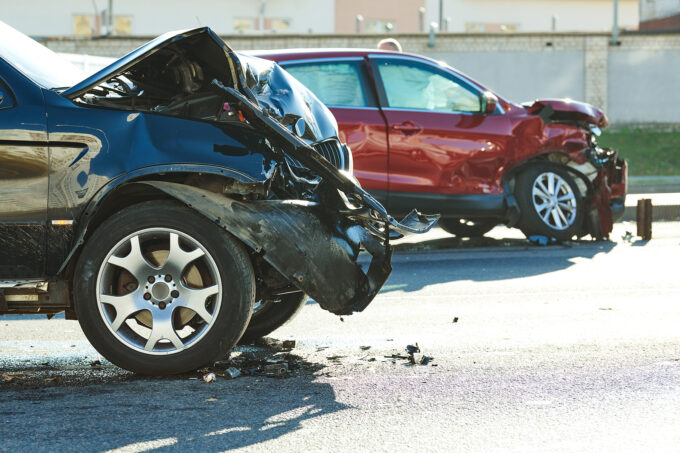
Many car insurance policies renew automatically after one year and usually at a higher price. If you don’t want that to happen, you’ll want to bring it up with your insurance provider.
It’s possible to negotiate auto-renewal terms, such as securing a fixed renewal rate. Contacting your insurer before the renewal date can open these negotiation opportunities.
If you opt out of auto-renewal, you’ll need to secure a new policy before the old one runs out, but this will give you another chance to compare offers and see if you are eligible for any new discounts.
Customer Service
This may be the last thing you think of when buying car insurance, but it’s probably not hard to see why it’s important. If you ever do need your insurance provider to help you with a claim or you simply have some questions, your experience will depend on the quality of their customer service.
Look for metrics like average response time and resolution time, which can give a clearer picture of the insurer’s efficiency and effectiveness in customer service.
You can learn a lot about a company’s customer service by searching for customer reviews.


